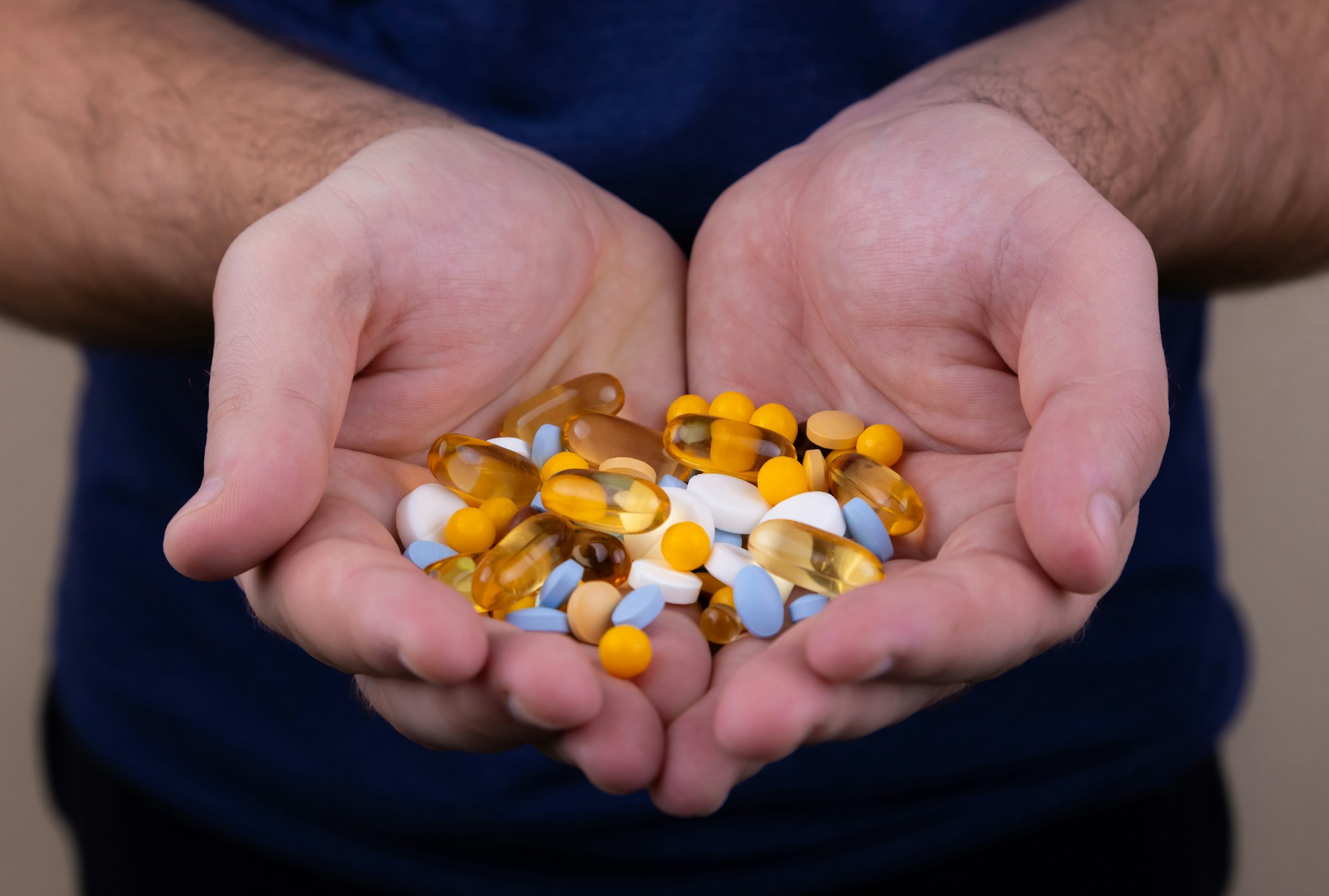Nutrition
Vitamin Overdose Risks: UK Man’s Fatal Encounter with Supplements

While many of us are aware of the health risks posed by vitamin deficiencies, we often turn to supplements to compensate for any lack of essential nutrients. However, it’s crucial to understand that these supplements, if not taken responsibly, could potentially harm your health instead of enhancing it. A recent incident in the UK has underscored the potential dangers of excessive vitamin intake, where a man lost his life due to an overdose of vitamin D supplements.
A coroner’s report from Surrey, England details the unfortunate demise of 89-year-old David Mitchener. The report indicates that Mitchener was admitted to East Surrey Hospital on May 10, 2023, suffering from hypercalcemia, a condition characterized by abnormally high levels of calcium in the blood.
Despite receiving treatment, Mitchener passed away in the hospital ten days later. His autopsy revealed that the primary cause of death was vitamin D toxicity and hypercalcemia, compounded by heart and kidney failure.
Medical tests conducted prior to his death showed that Mitchener’s vitamin D levels were at the maximum limit that the lab could record. The report from the coroner revealed that Mitchener had been consuming vitamin D supplements procured from NaturePlusUK for at least nine months before his death. Notably, the packaging of these supplements lacked any warnings about the potential risks or side effects of excessive vitamin D intake.
Coroner Jonathan Stevens expressed serious concerns in his investigation into Mitchener’s death. He emphasized that “vitamin supplements can have potentially very serious risks and side effects when taken in excess.” He also pointed out that current food labeling requirements do not mandate the inclusion of these risks and side effects on supplement packaging. He further highlighted the lack of appropriate dosage guidance for these over-the-counter products.
Stevens called on supplement manufacturers and regulatory bodies to take more proactive measures to educate consumers about the potentially fatal risks associated with excessive vitamin intake. “In my opinion there is a risk that future deaths will occur unless action is taken,” he warned.
Vitamin D is essential for our bodies as it aids in calcium absorption, thereby supporting the development and maintenance of healthy bones. The Mayo Clinic also notes its anti-inflammatory, antioxidant, and neuroprotective properties that bolster immune health, muscle function, and brain cell activity.
However, an excess of vitamin D can lead to serious health issues. Hypervitaminosis D, or vitamin D toxicity, typically results from overdosing on supplements. According to the Mayo Clinic, the primary outcome of vitamin D toxicity is hypercalcemia, which can lead to symptoms such as nausea, vomiting, weakness, and frequent urination. If left unchecked, it can progress to bone pain and kidney problems, including the formation of calcium stones.
The Mayo Clinic recommends a daily dose of 600 international units (IU) of vitamin D for most adults. Consuming 60,000 IU a day for several months has been proven to cause toxicity. Other symptoms of vitamin D toxicity can include decreased appetite, constipation, dehydration, increased thirst, confusion, lethargy, fatigue, muscle weakness, difficulty walking, and bone pain. If you’re taking vitamin D supplements and experience any of these symptoms, it’s crucial to consult your healthcare provider immediately.
While we strive to provide the latest information from top experts, new research, and health agencies, our content should not replace professional medical advice. Always consult your healthcare provider for any questions about your medication or health concerns.
Let us know what you think, please share your thoughts in the comments below.
